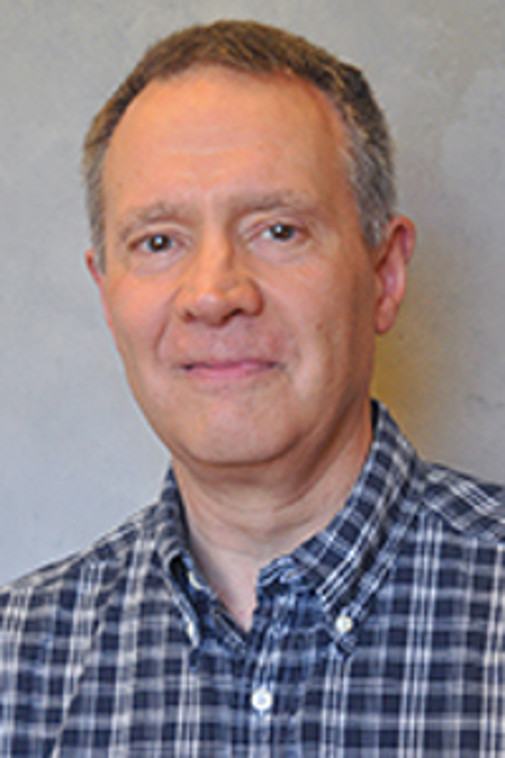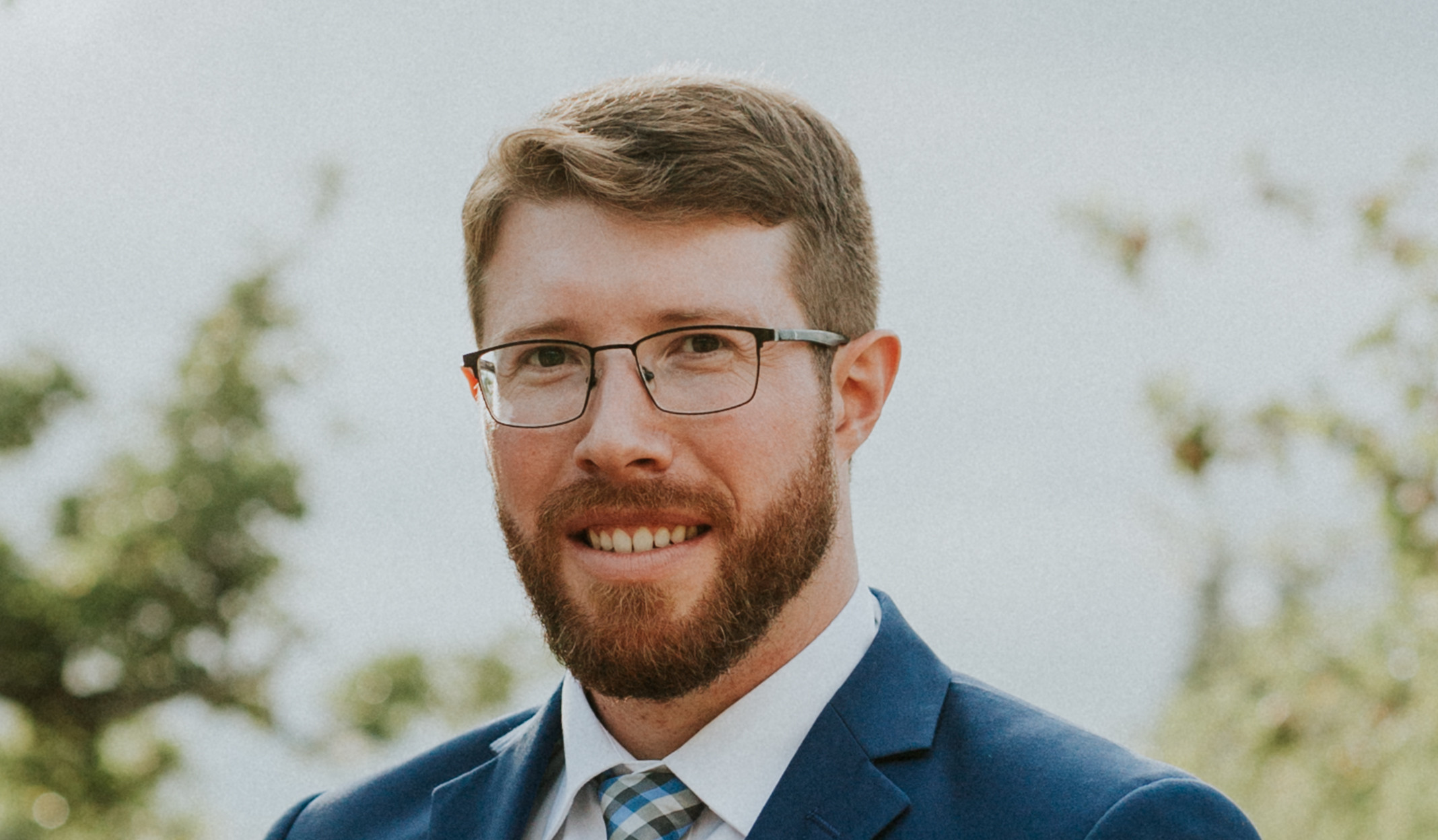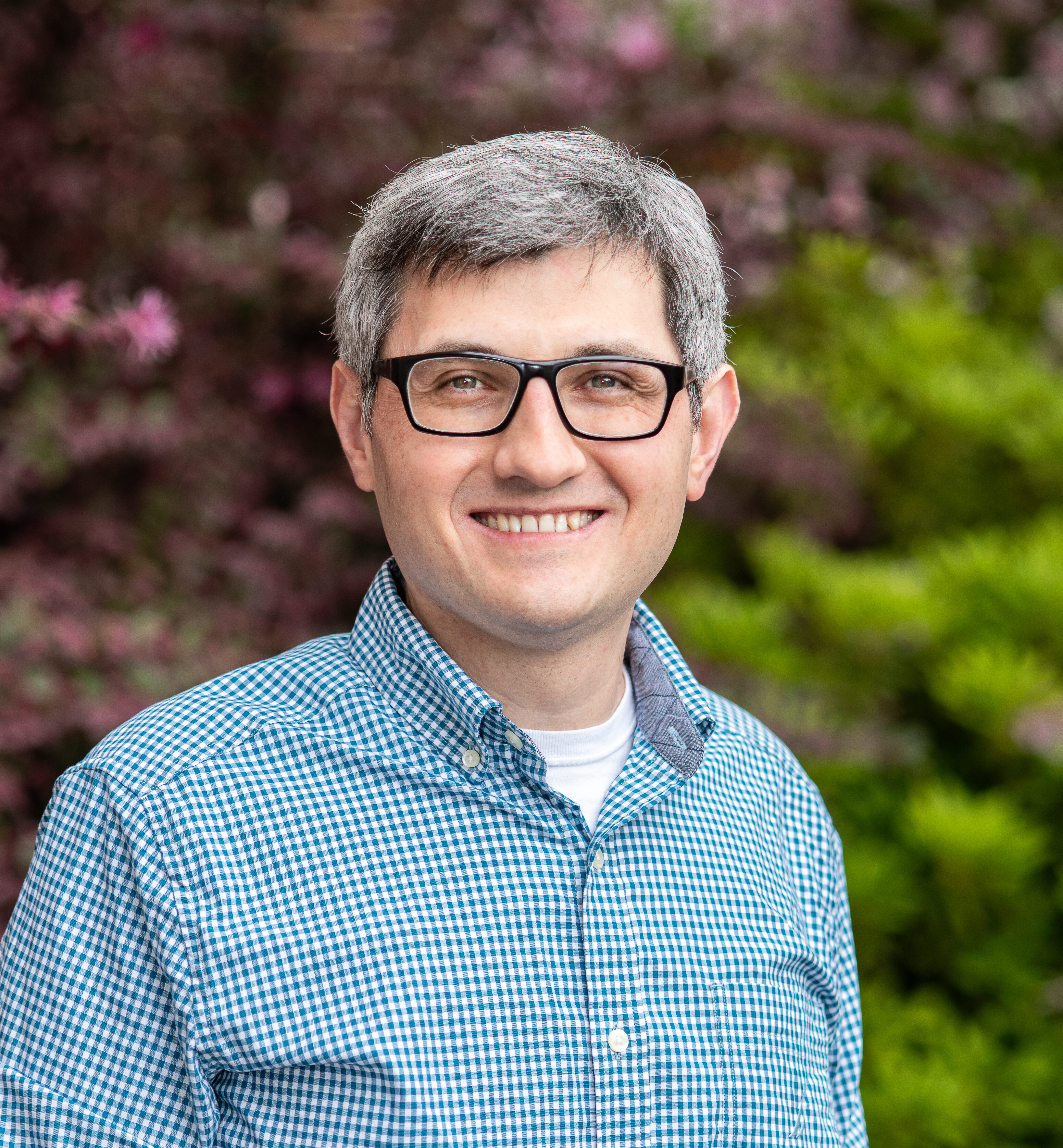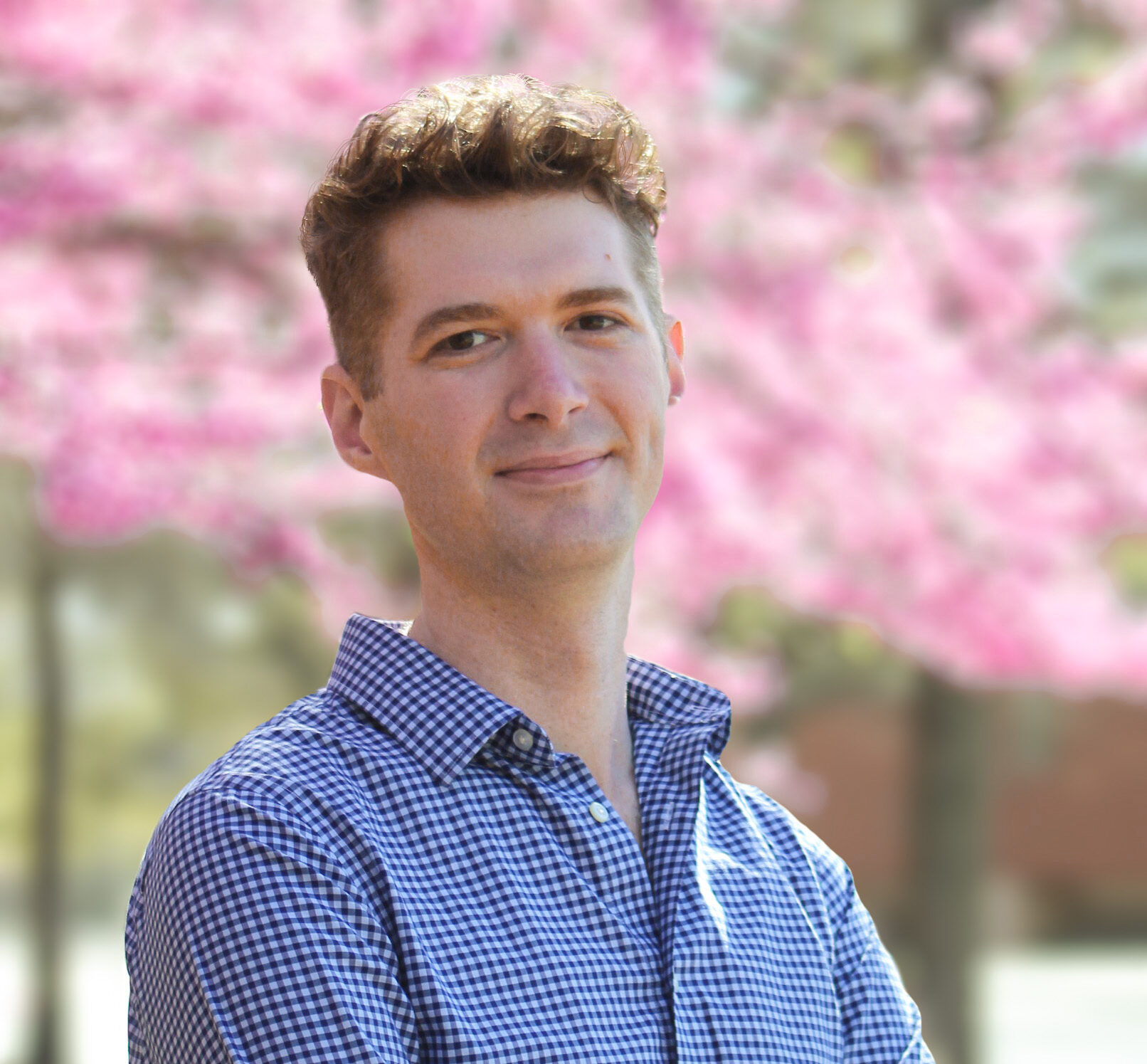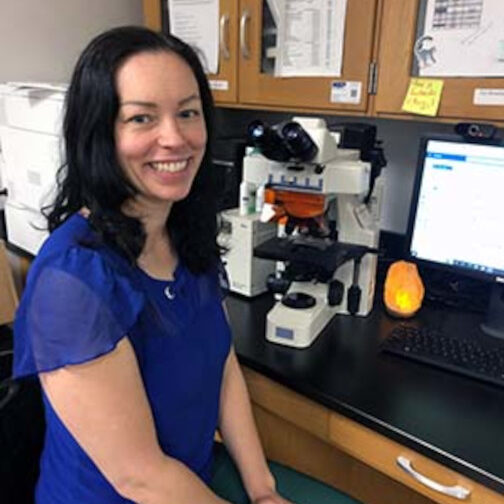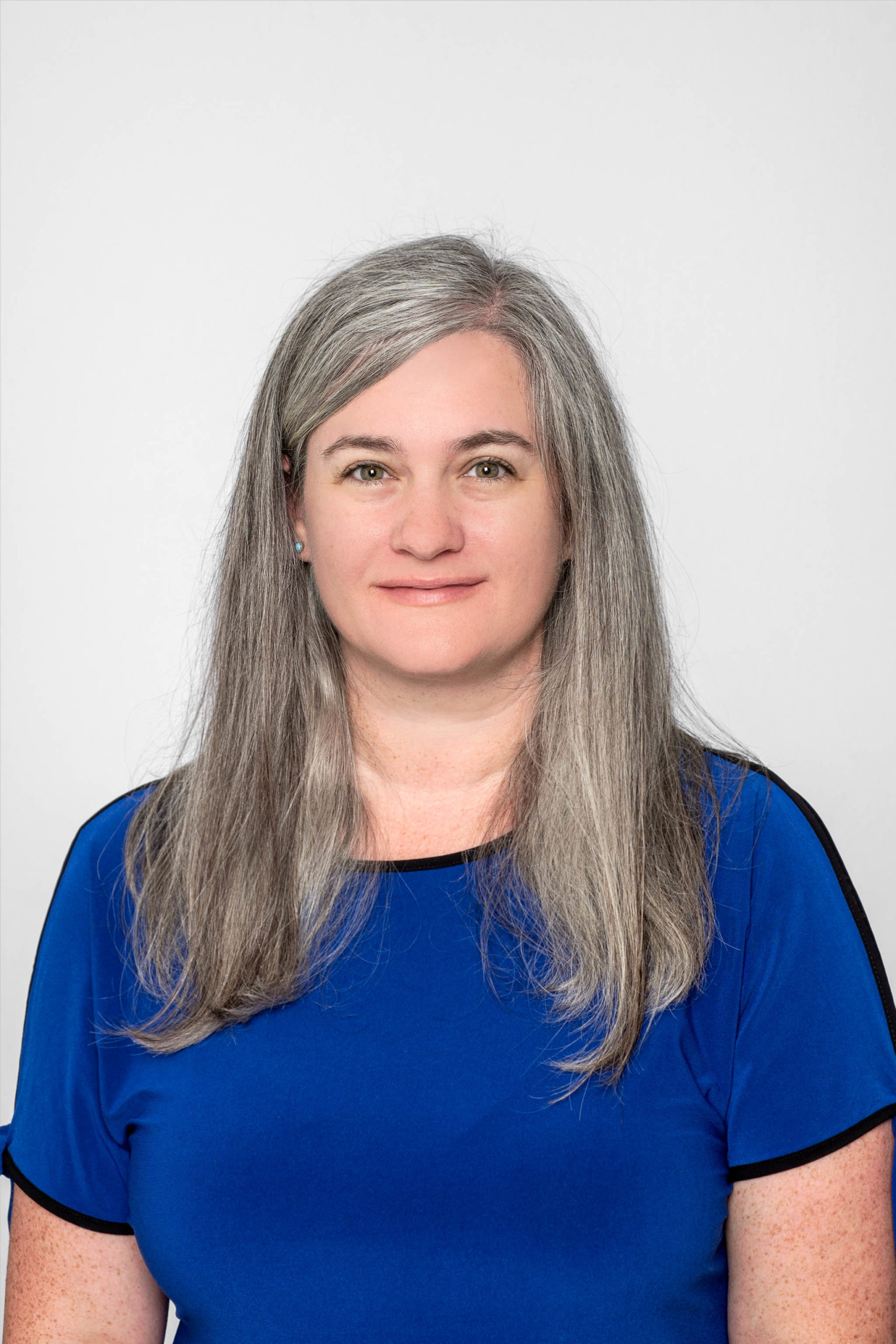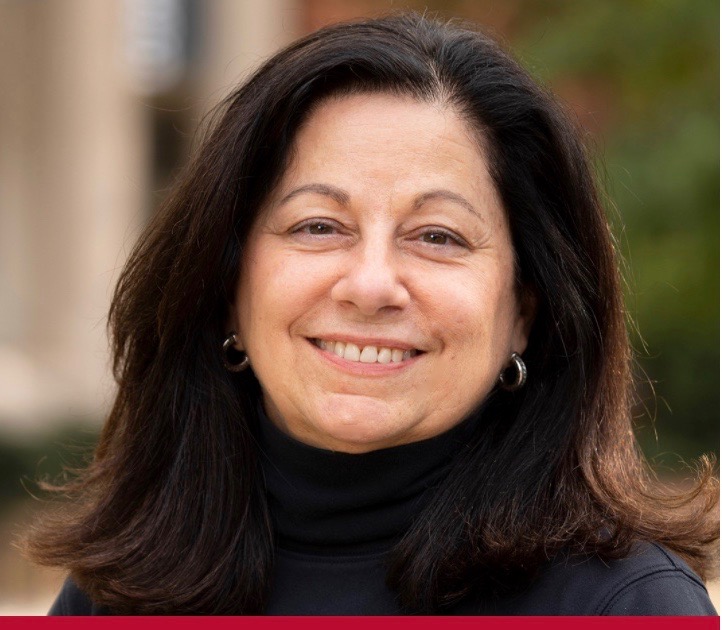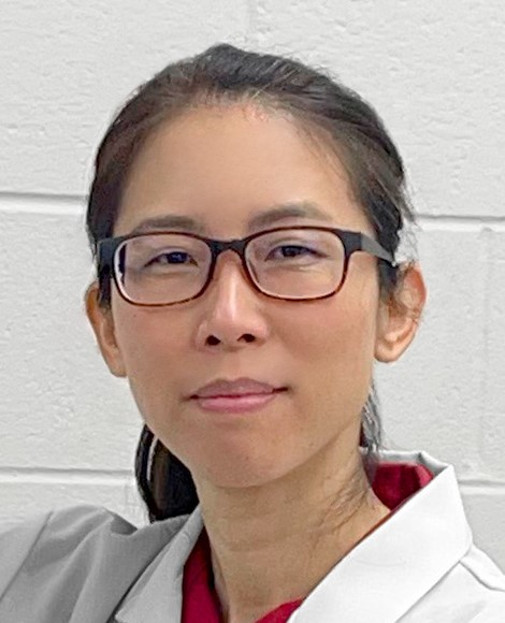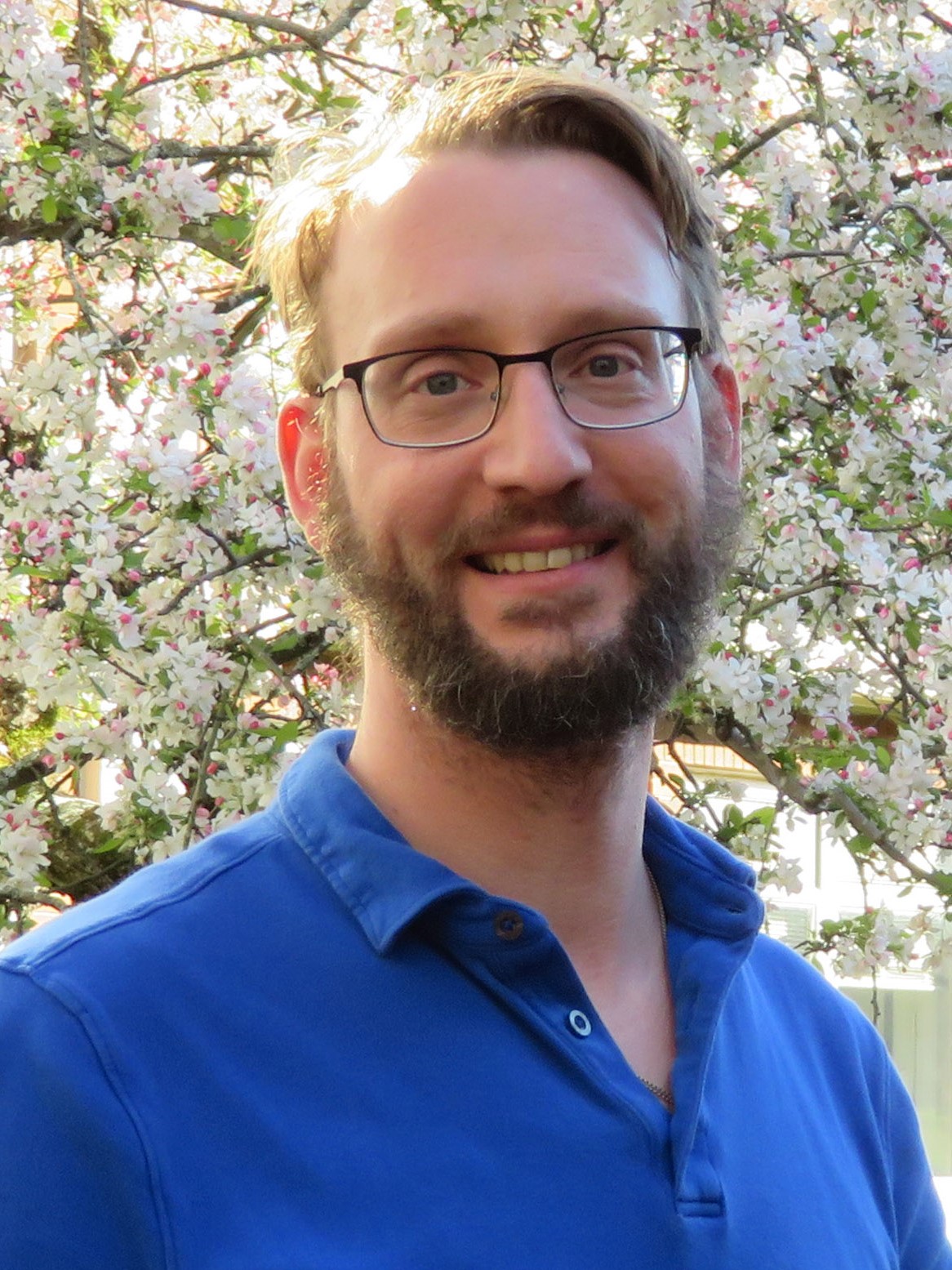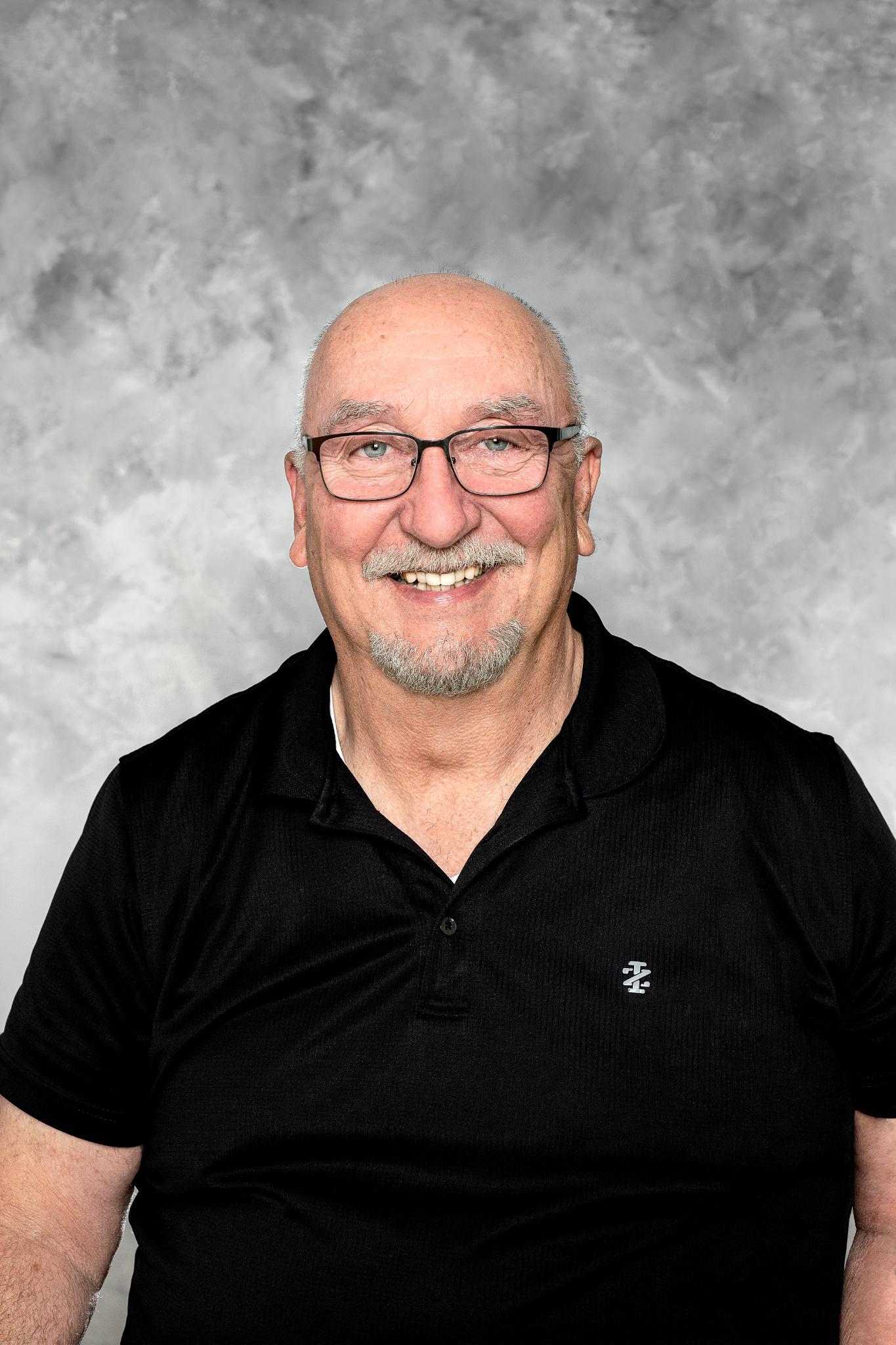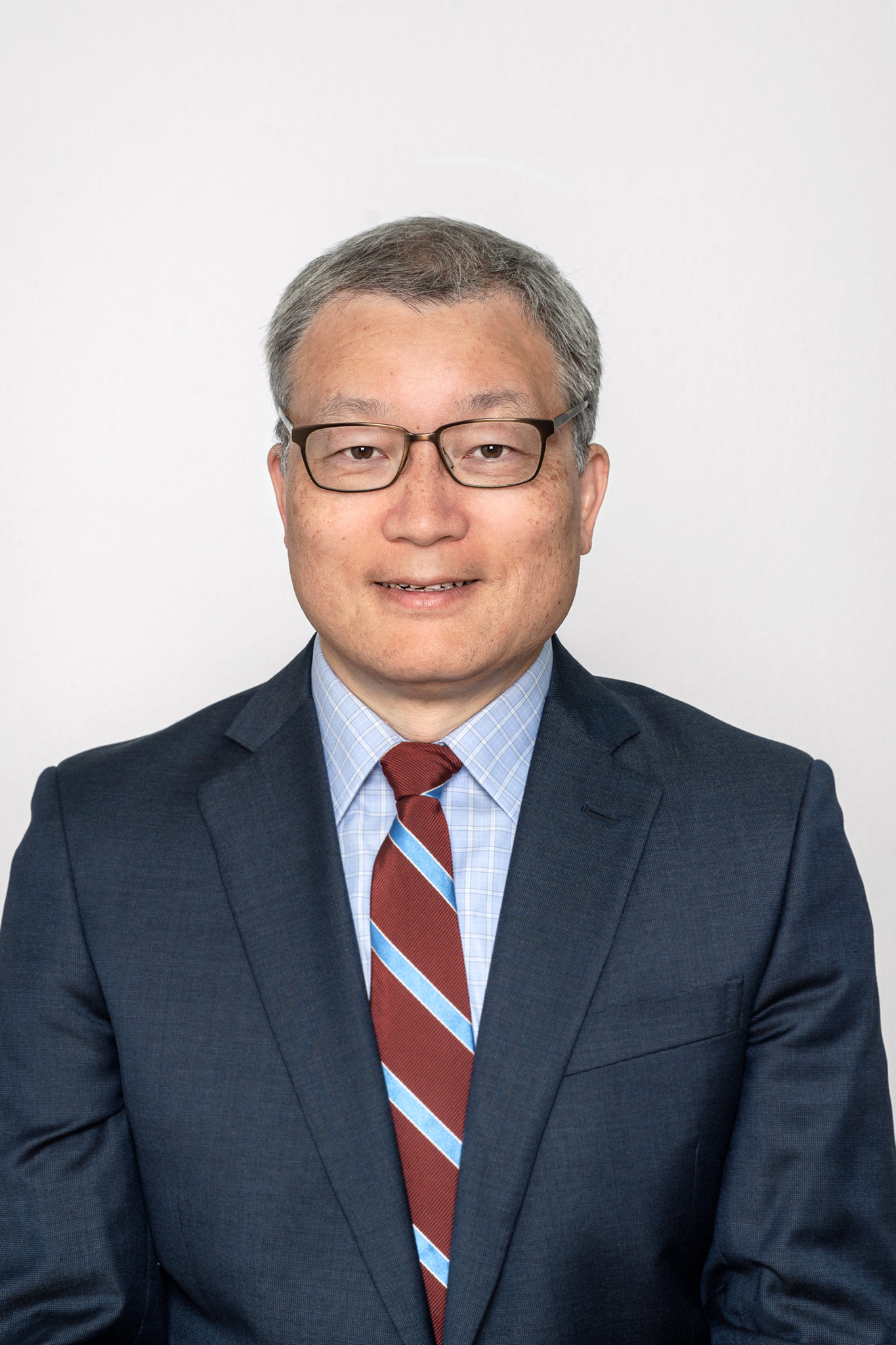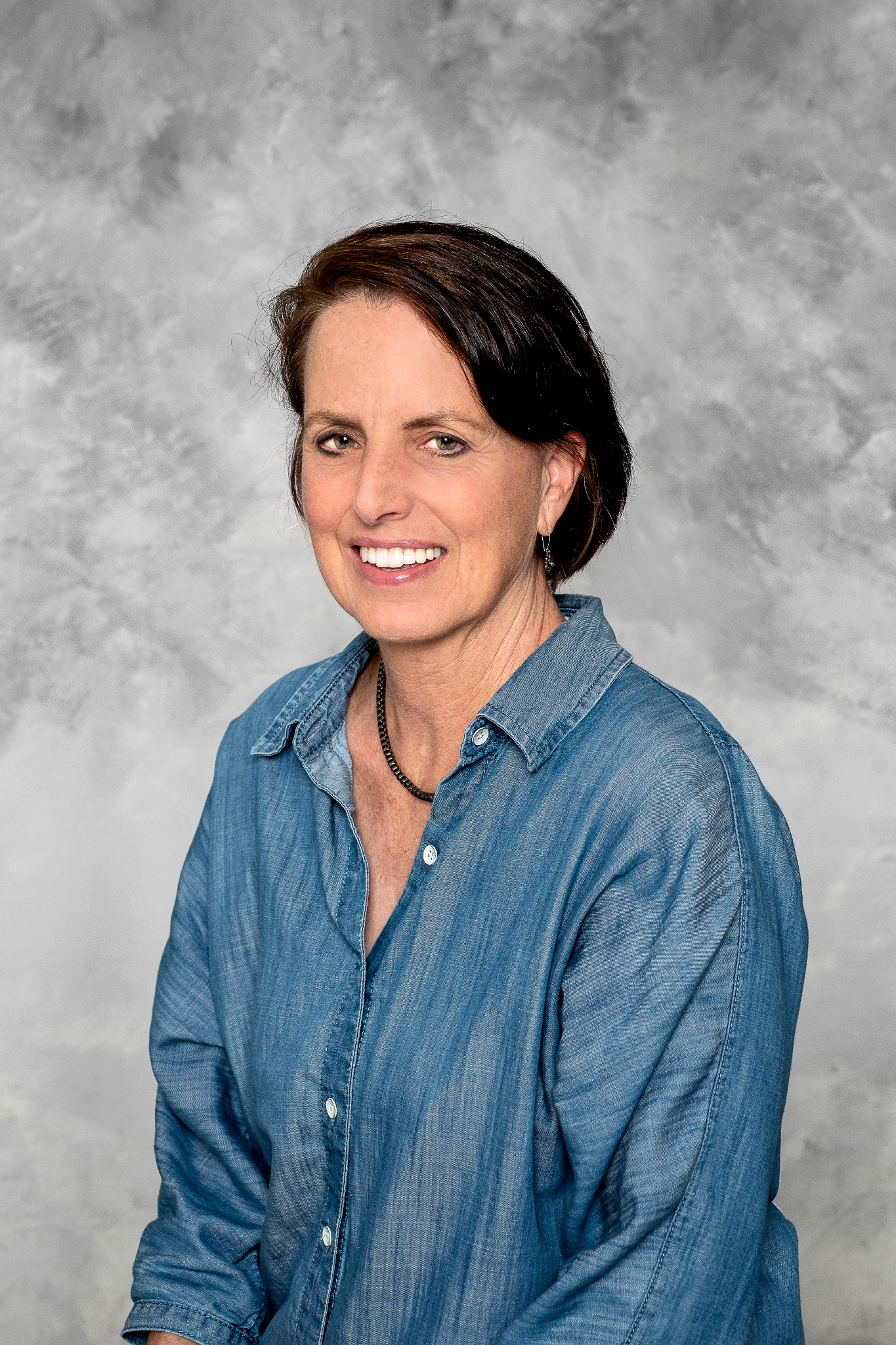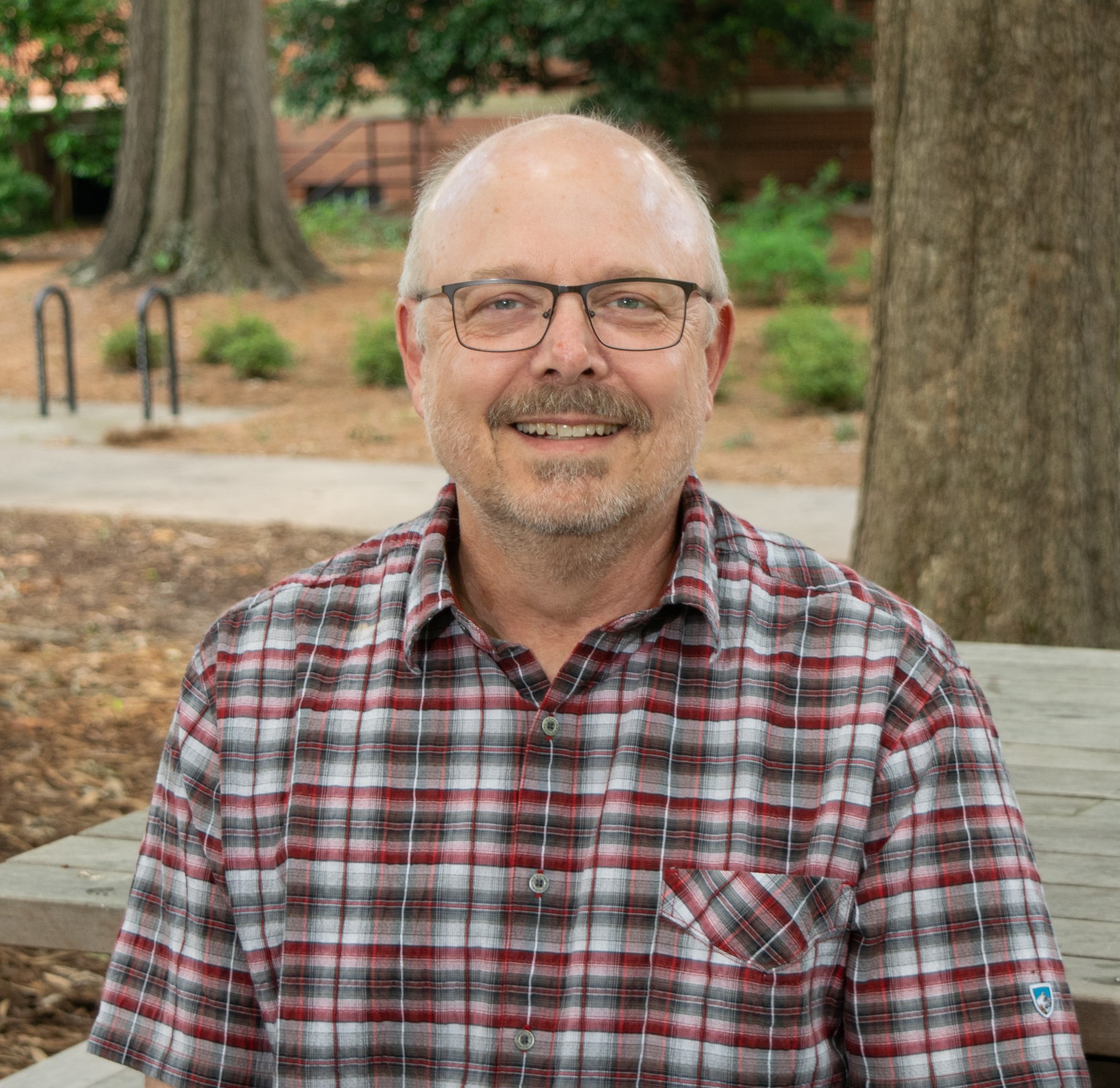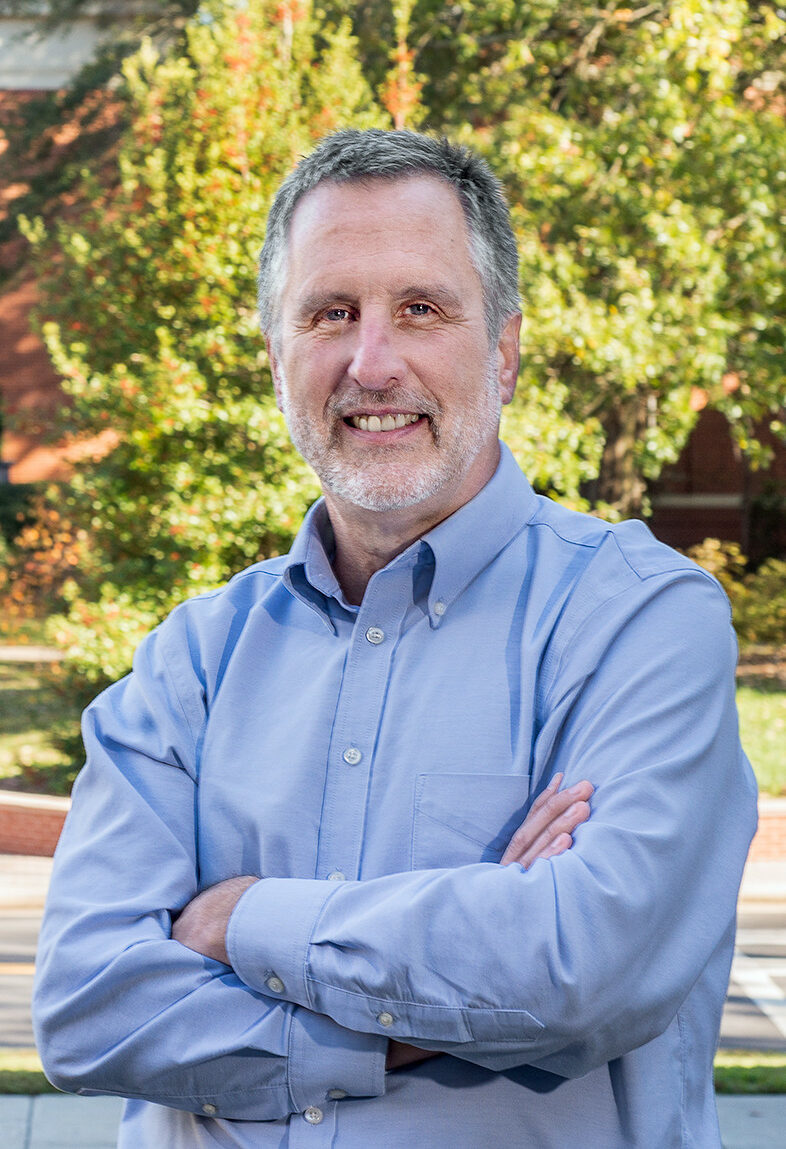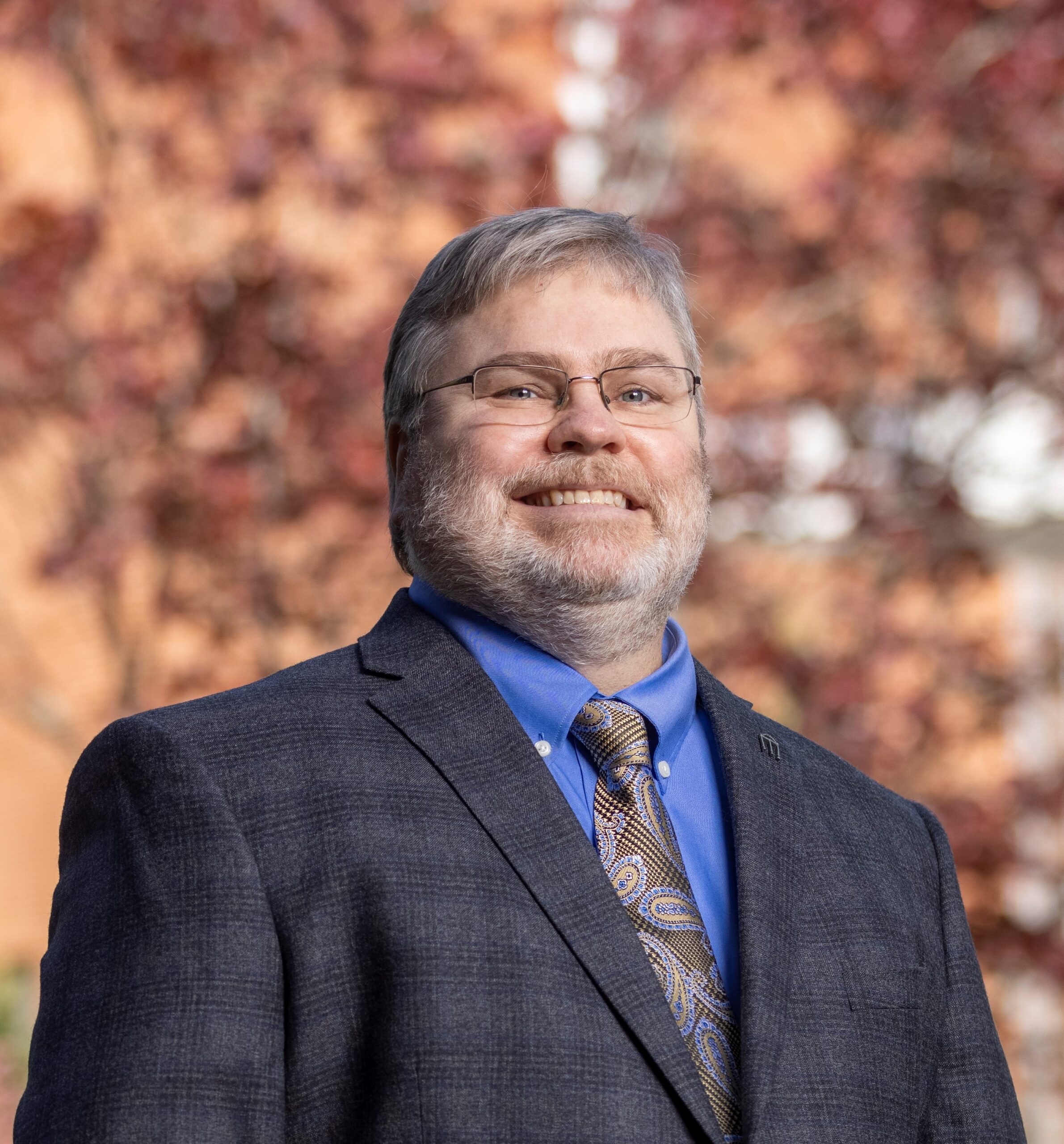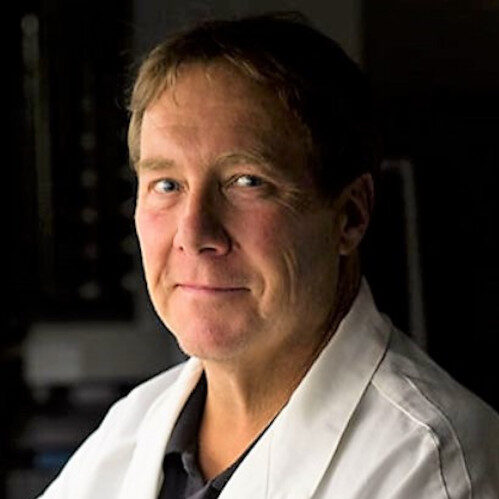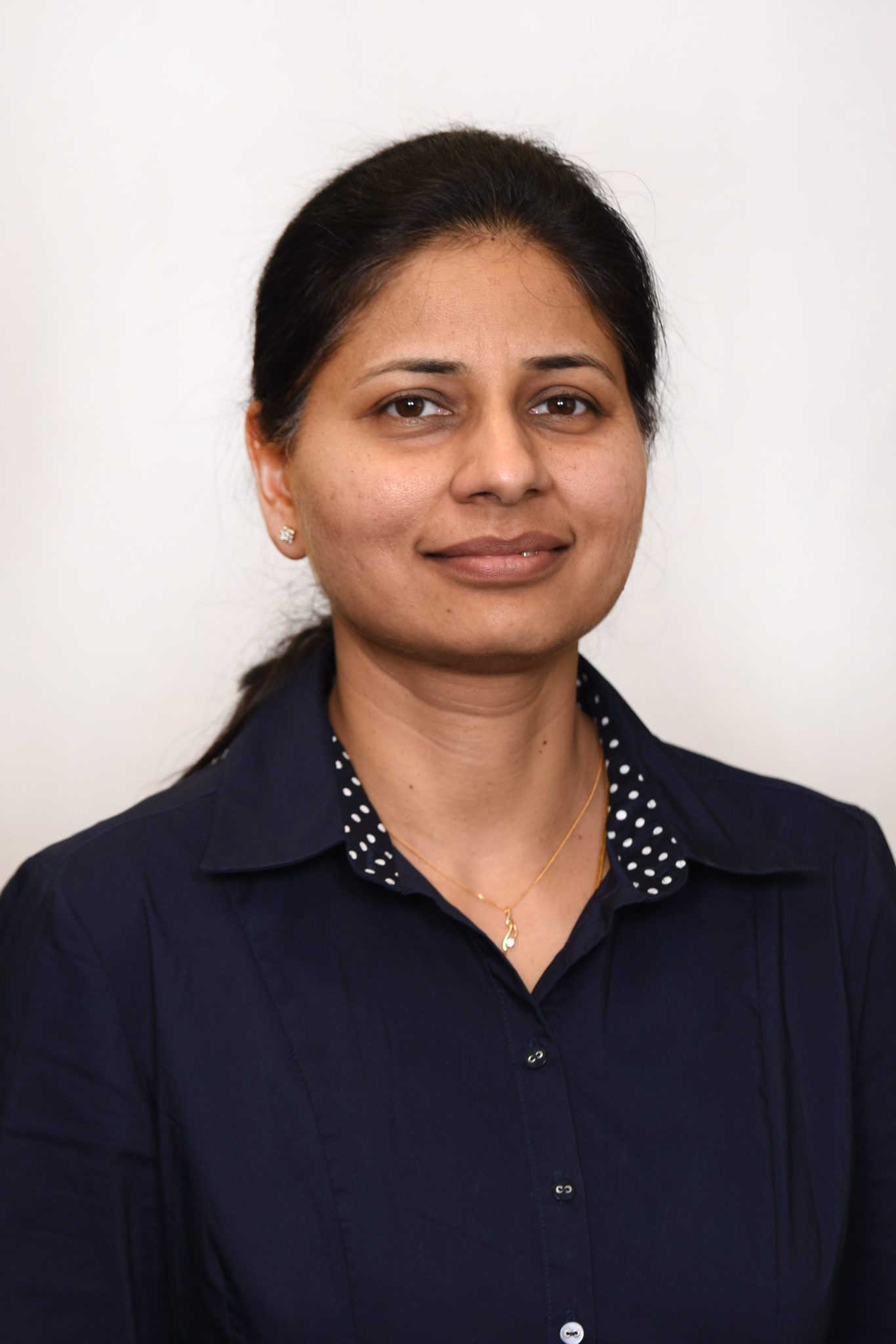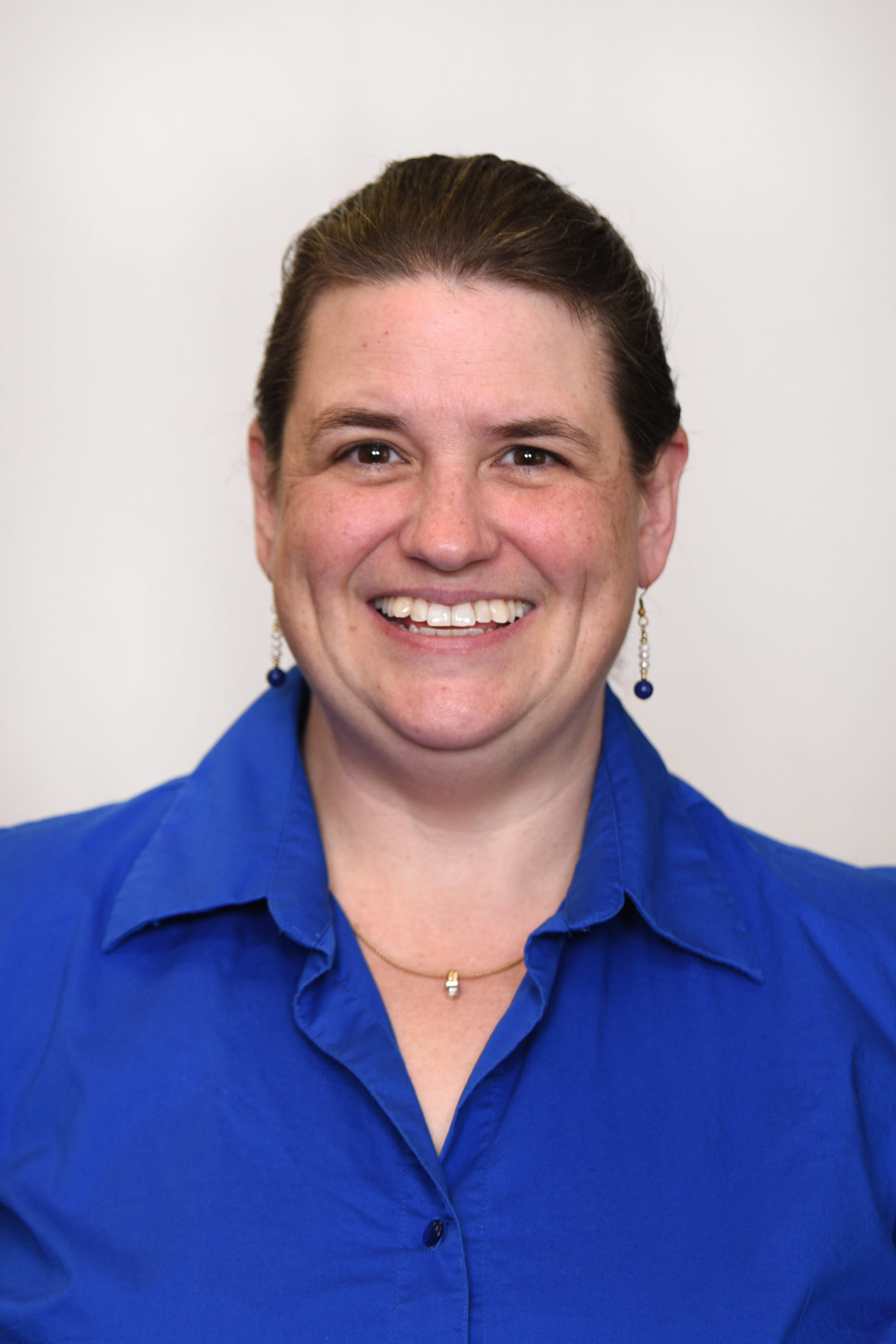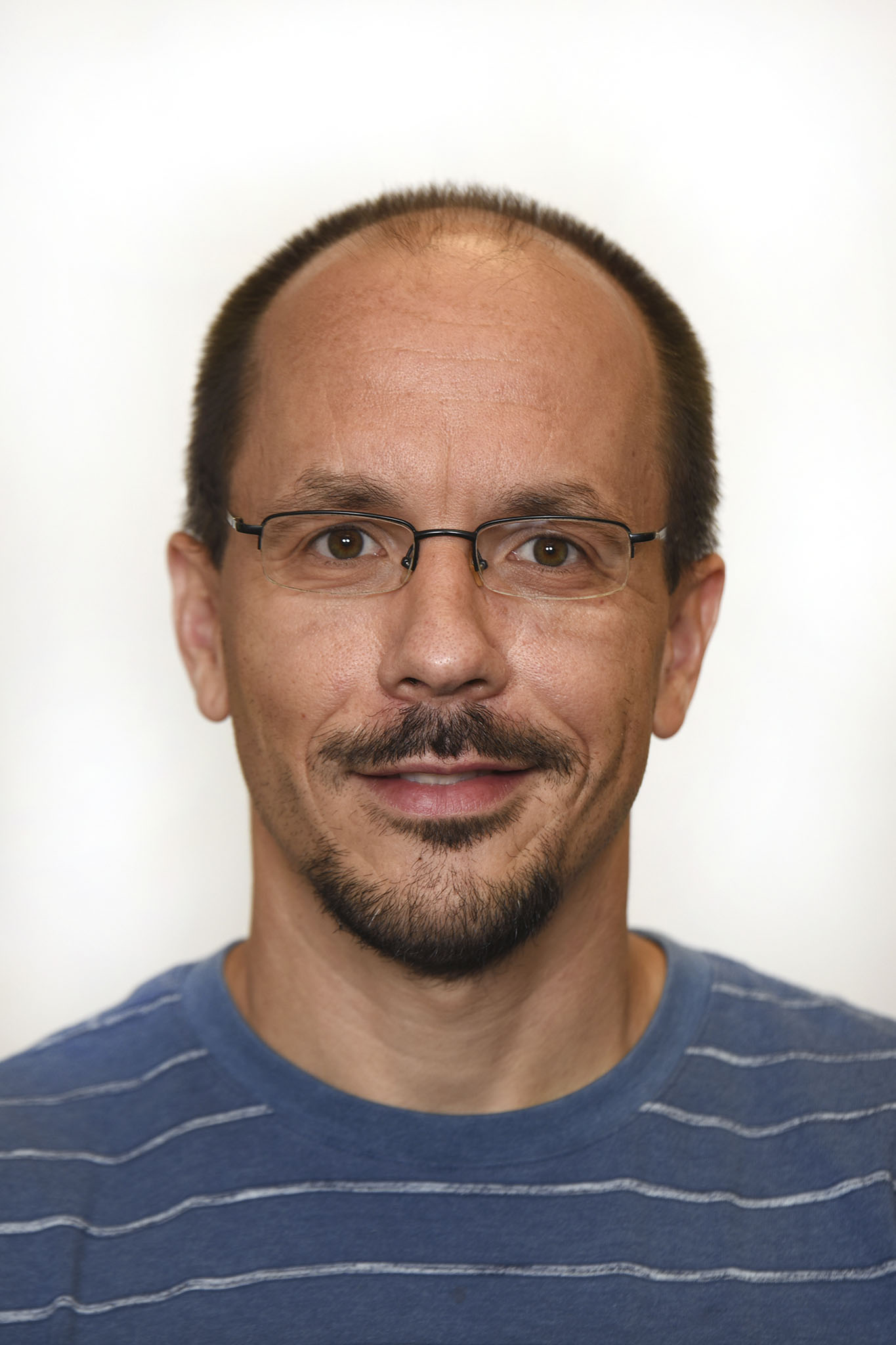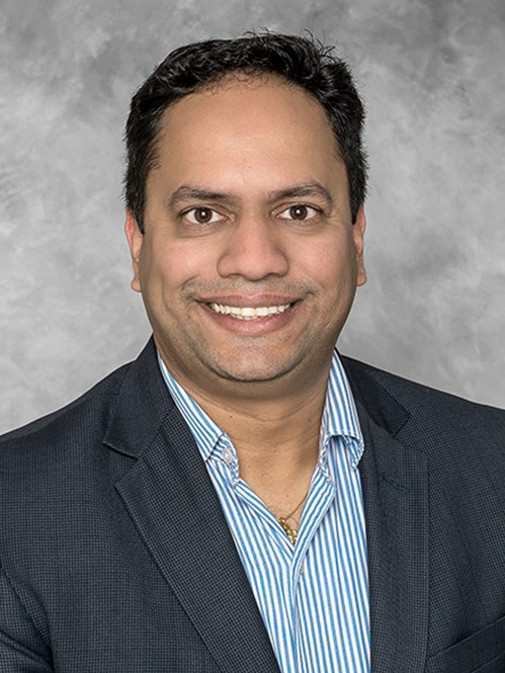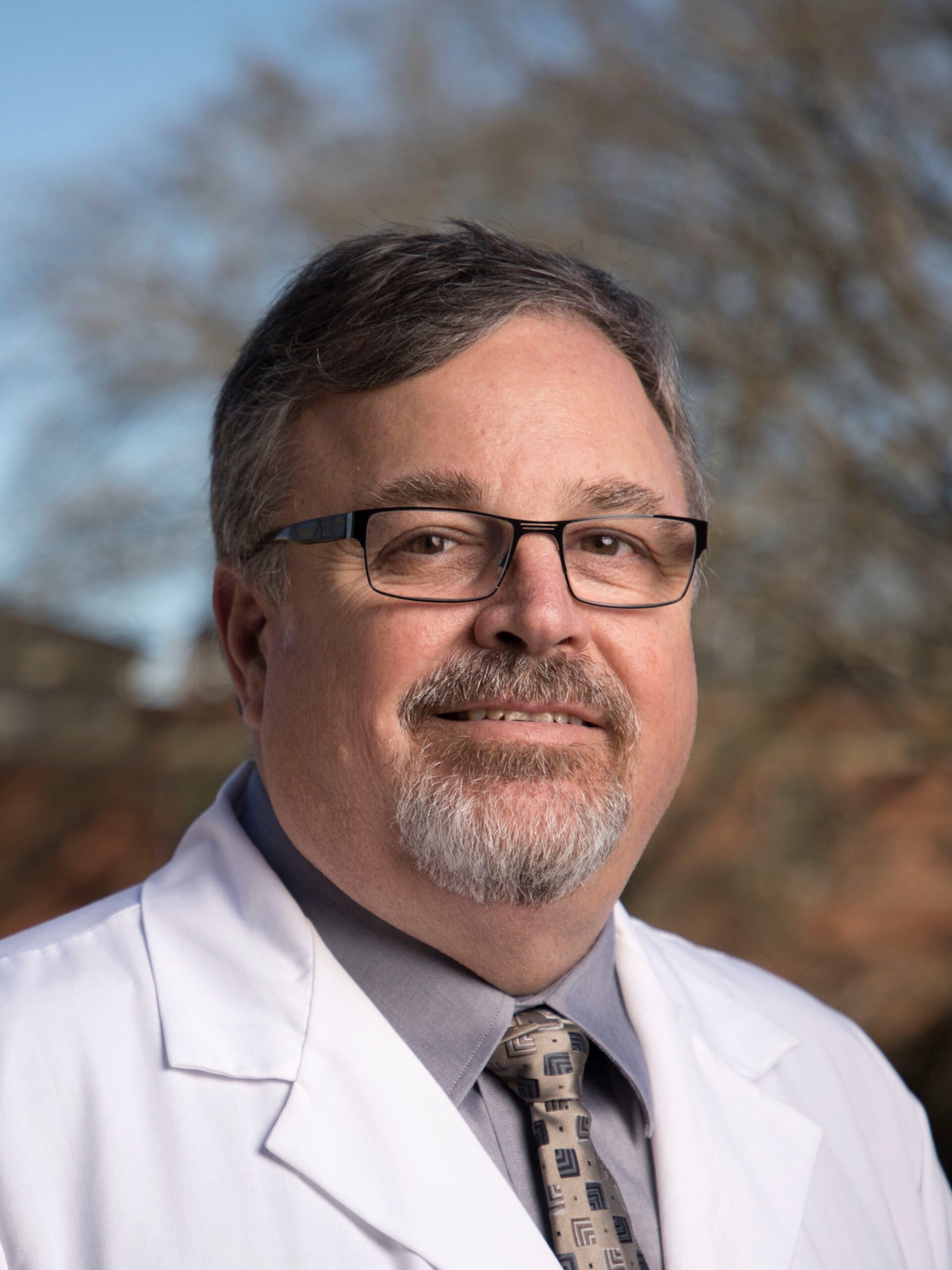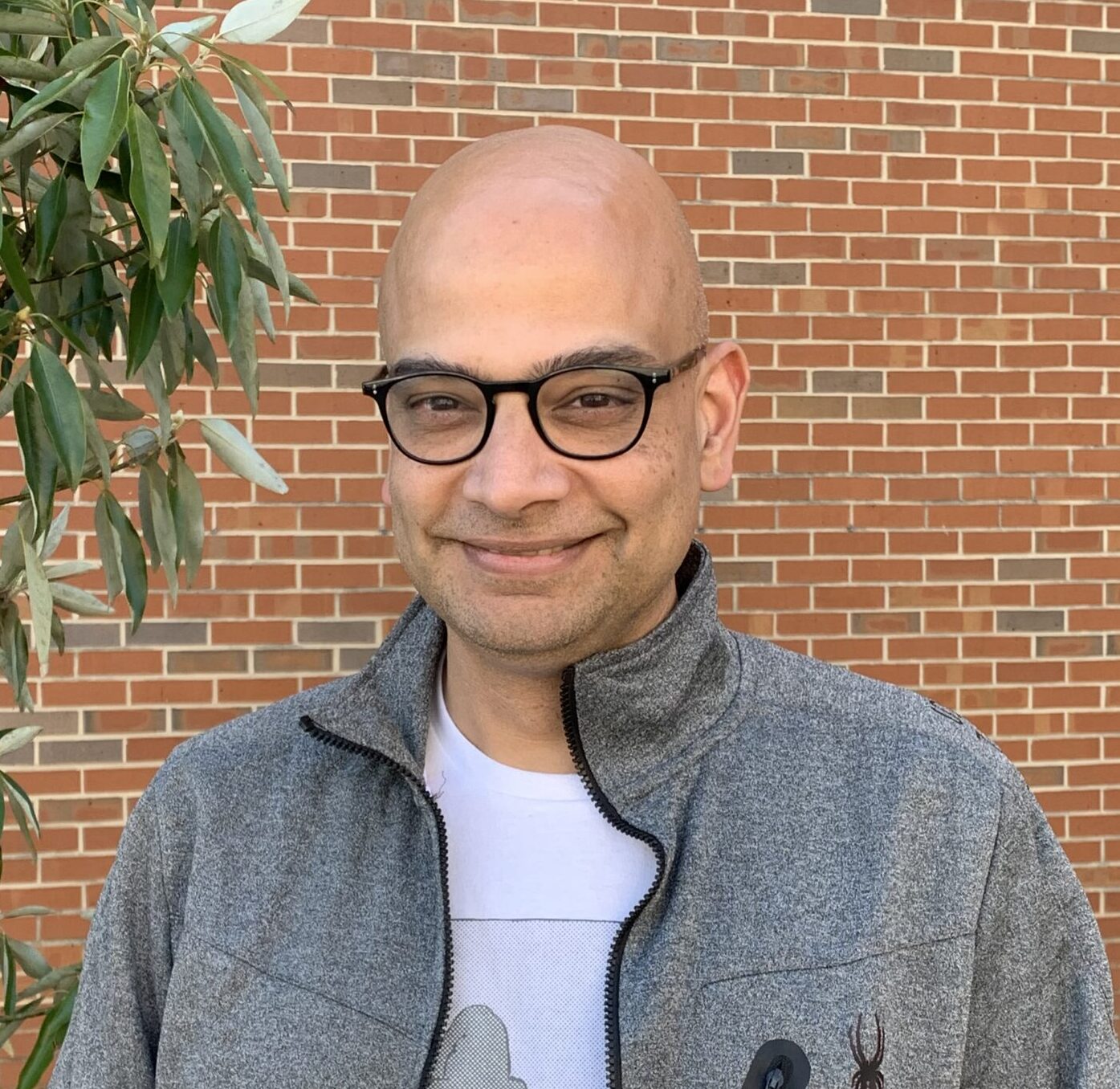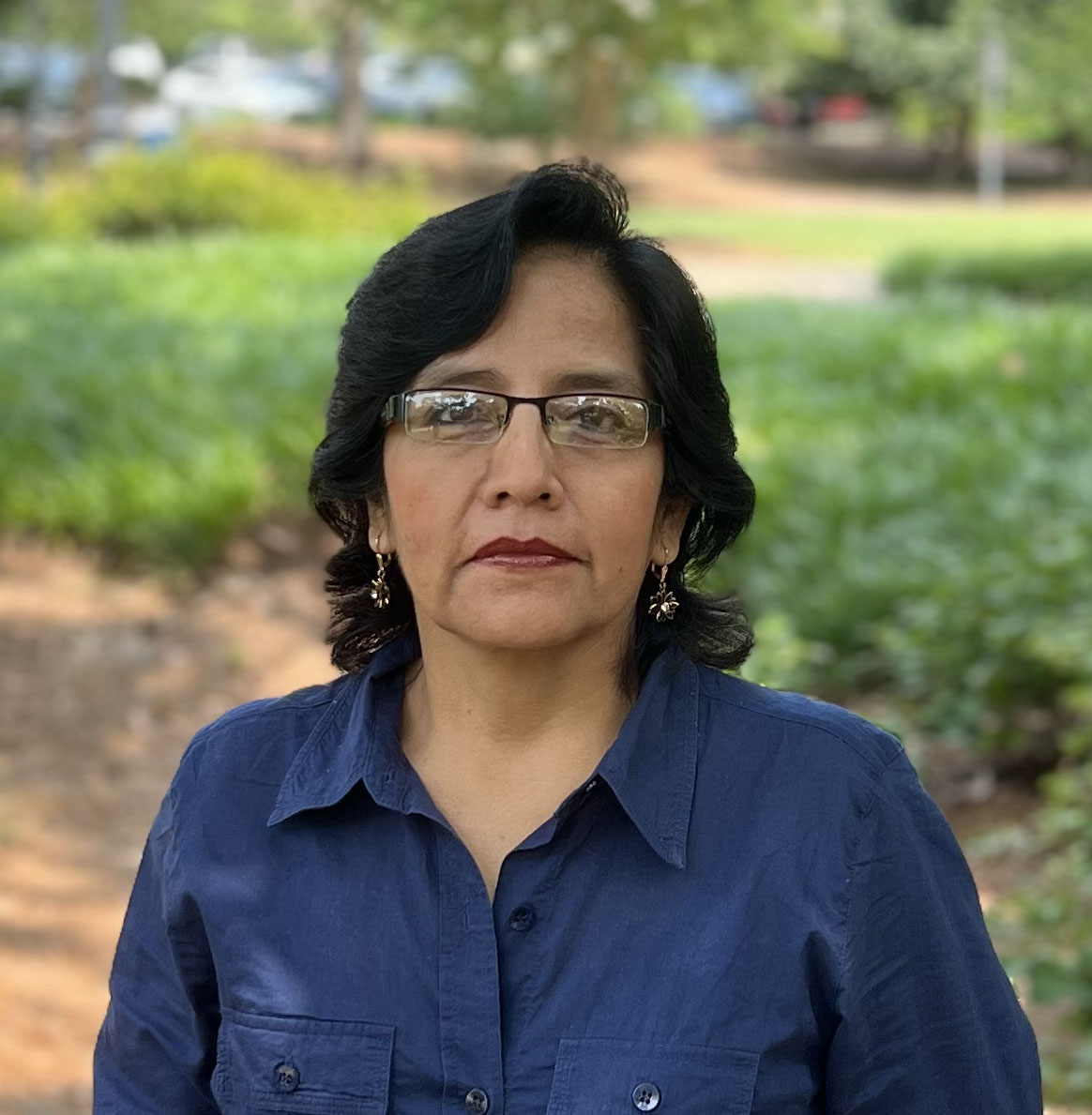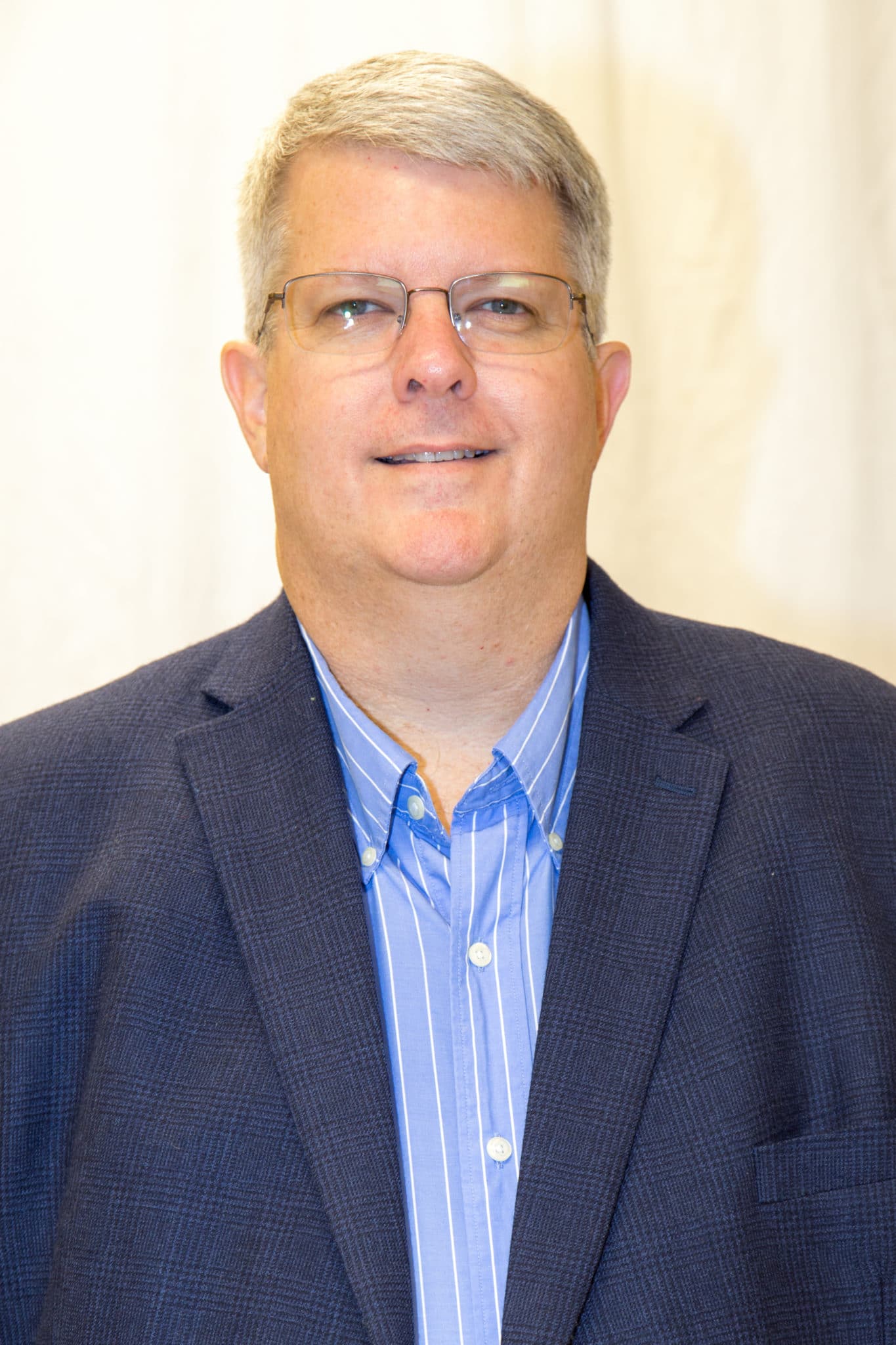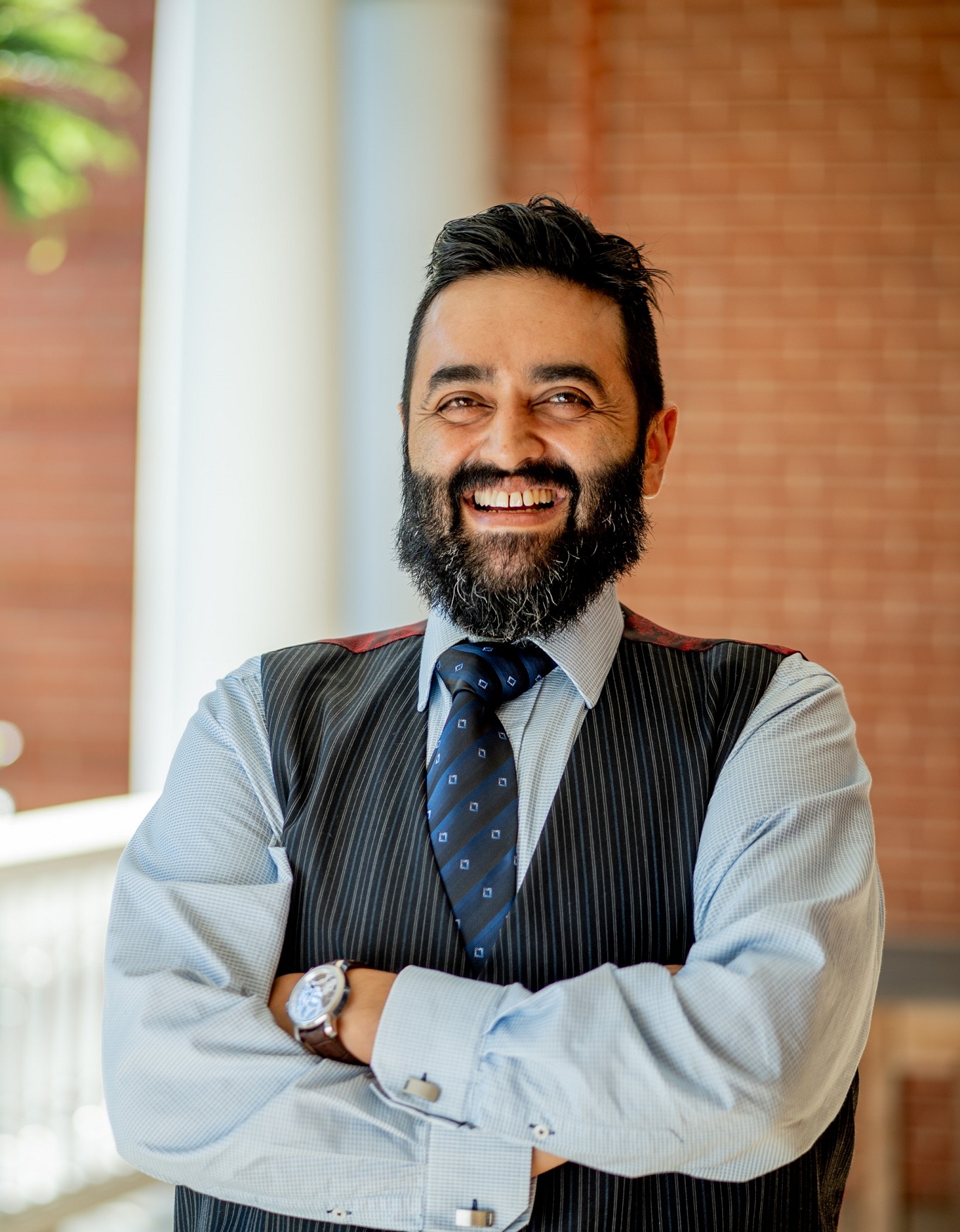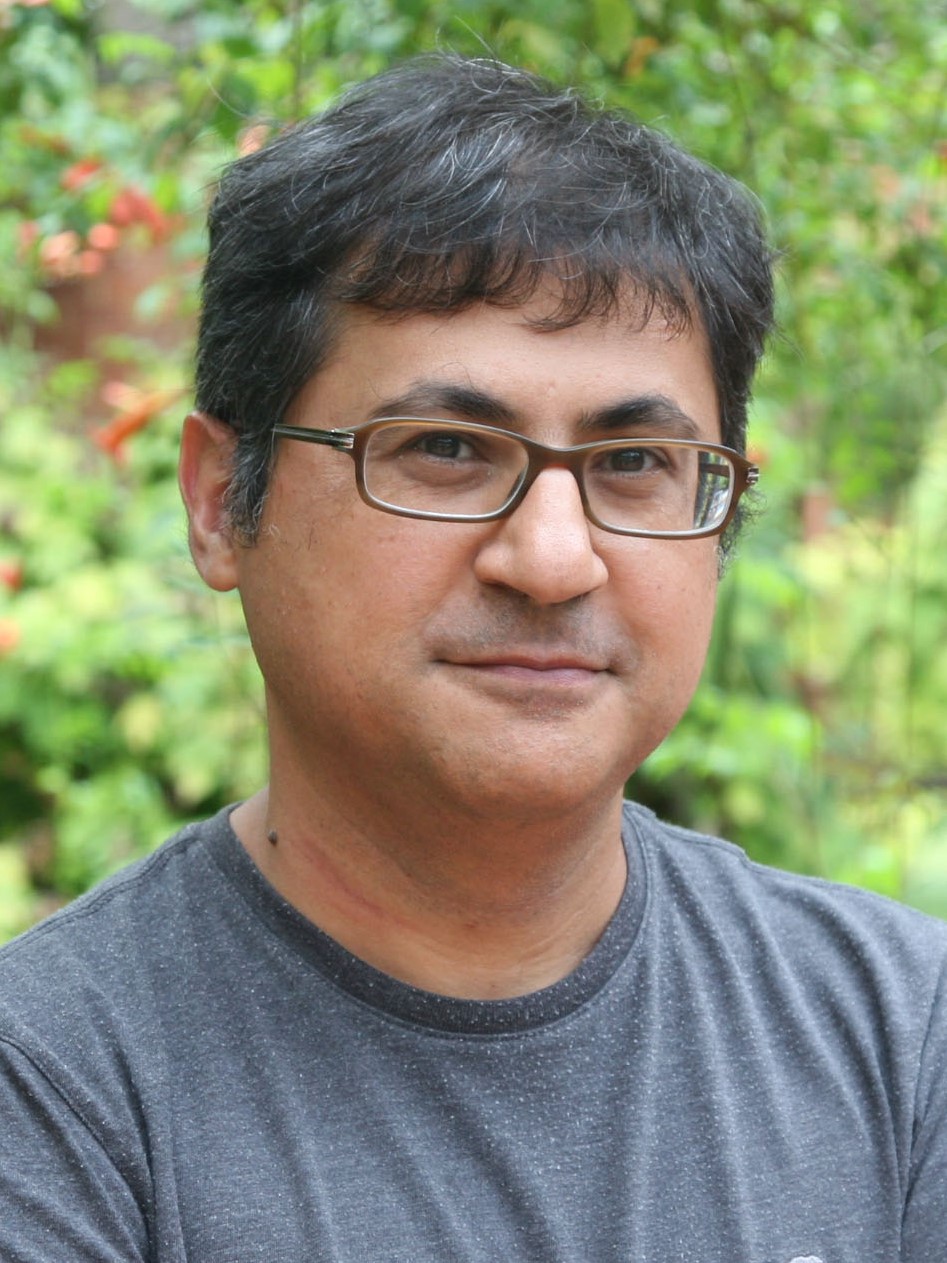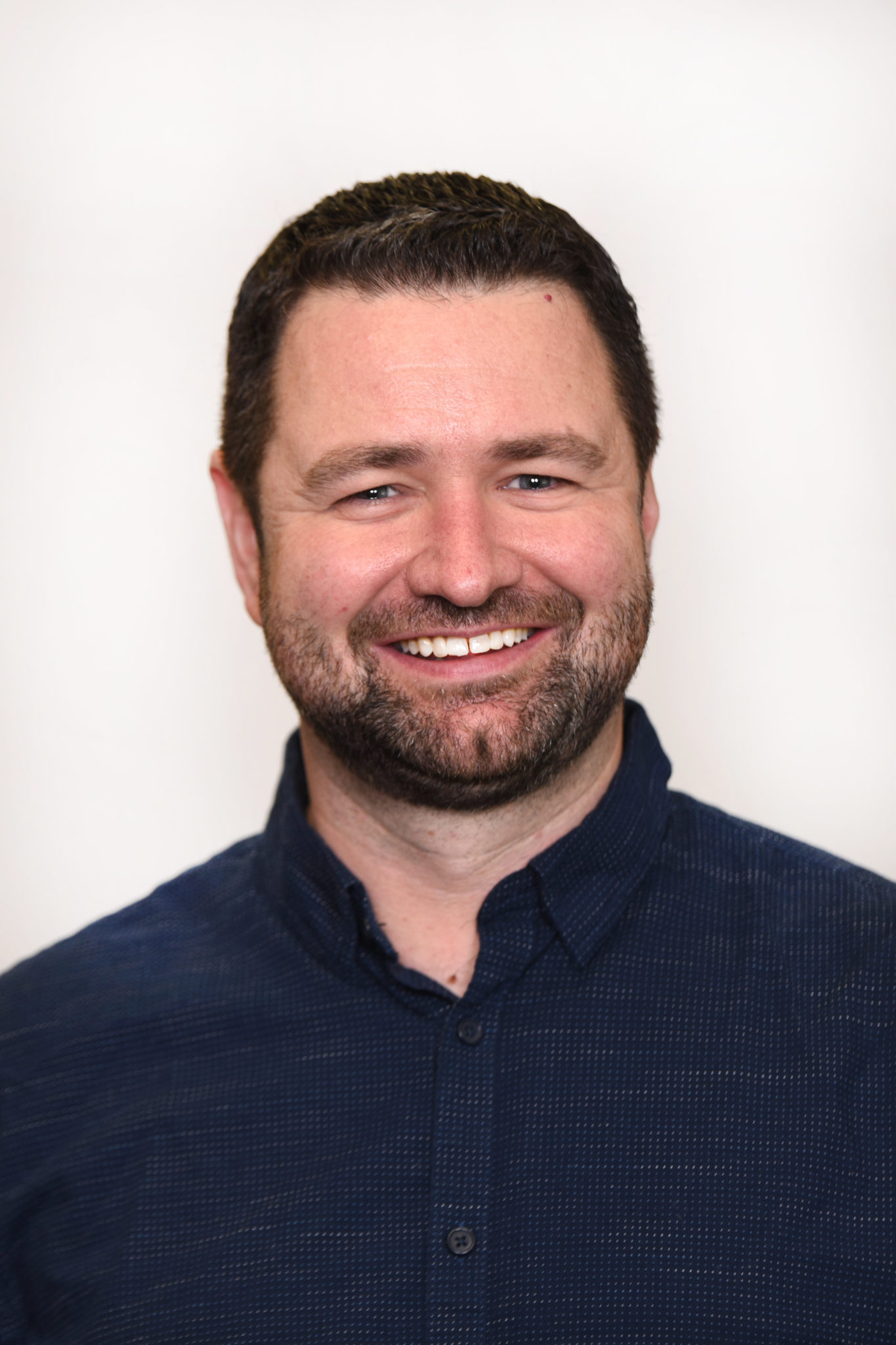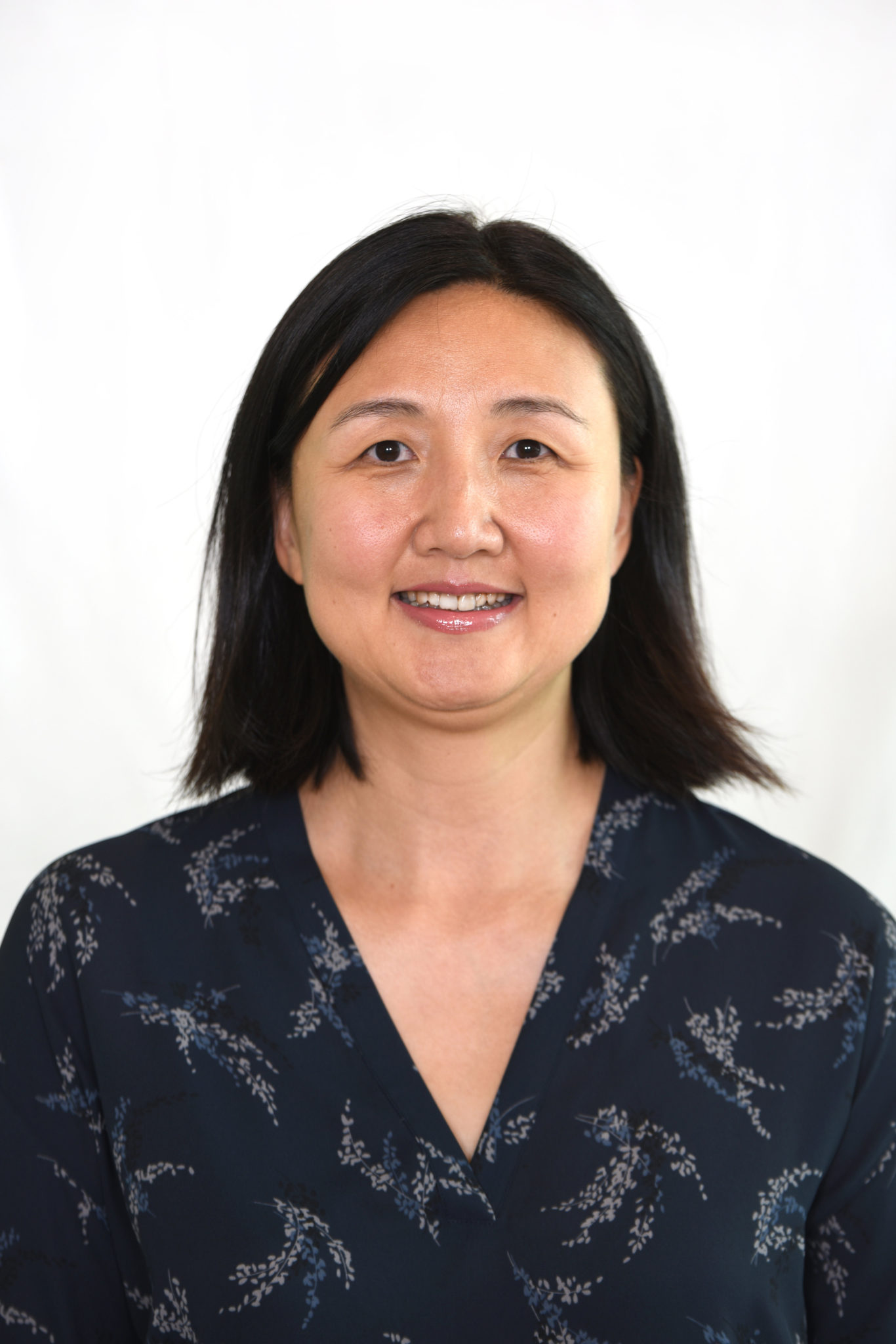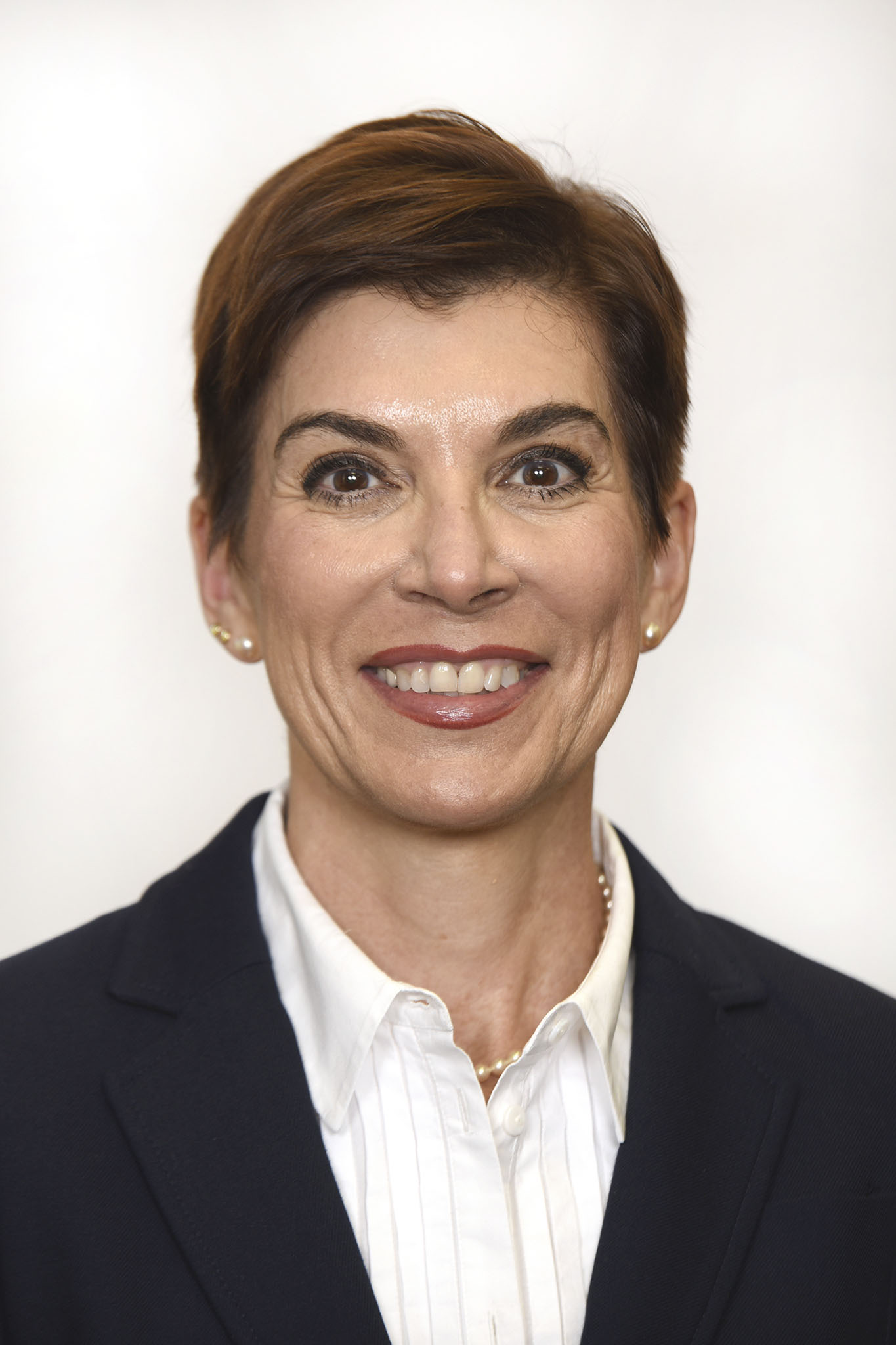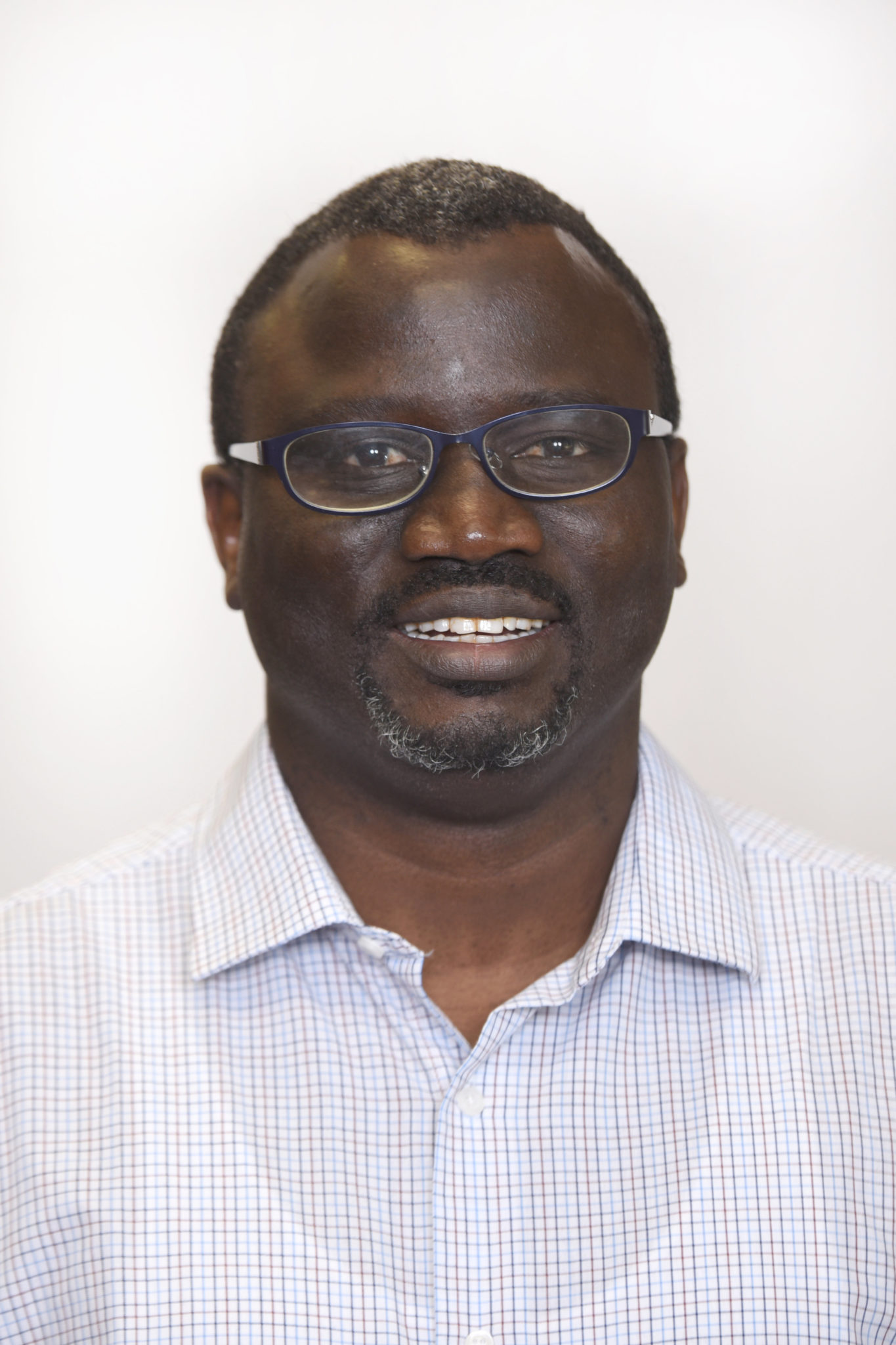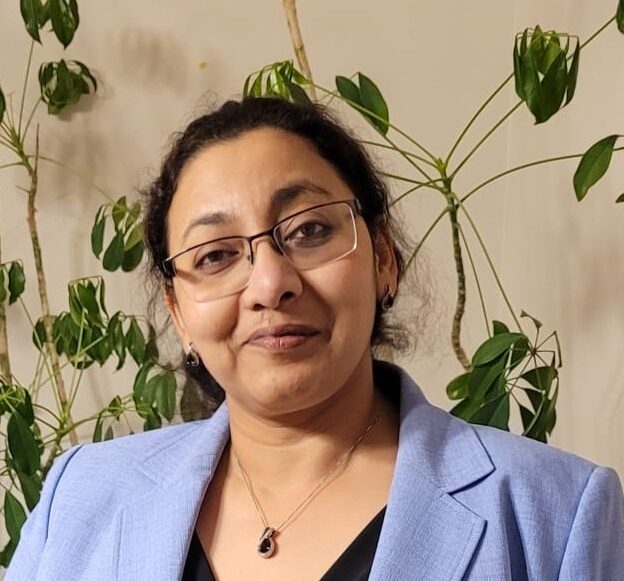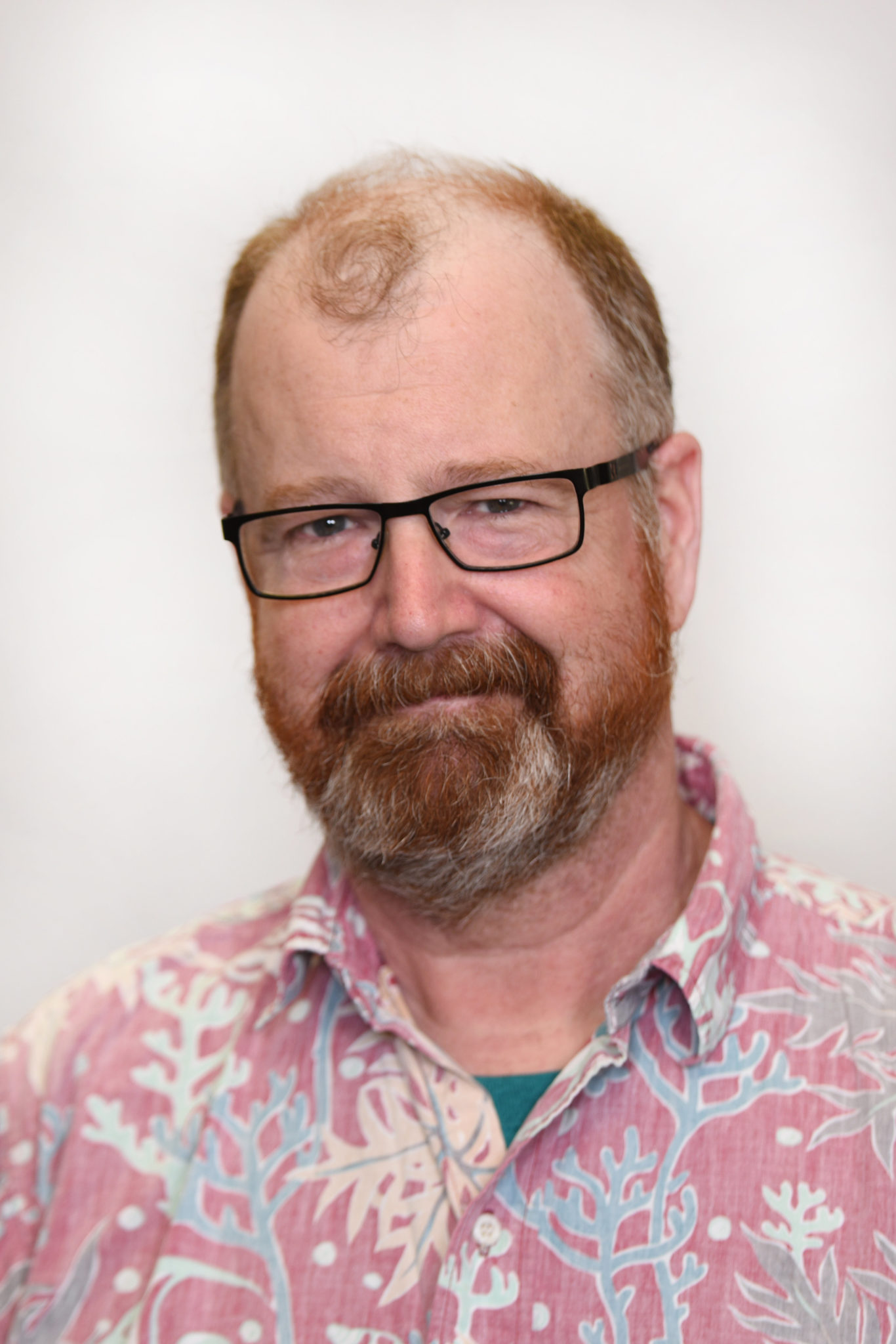Douglas Paton
Plasmodium falciparum, the causative agent of malaria, is a deadly parasite that is spread through the bite of Anopheles mosquitoes. My lab is committed to developing new and novel ways to reduce global malaria burden, and studies the interaction of Plasmodium parasites with their Anopheles mosquito host, with an emphasis […]
Blake Billmyre
Human fungal pathogens cause more than 1.5 million deaths annually. In particular, Cryptococcus species are responsible for life threatening meningitis and kill nearly 200,000 people a year. There are only three classes of effective antifungal drugs available to treat Cryptococcus and developing new drugs is difficult because many potential antifungal […]
Gregory Phillips
Education & Background Southern Illinois University, Carbondale, IL, B.A.(1979) Biological Sciences Southern Illinois University, Carbondale, IL, M.A. (1981) Microbiology University of Georgia, Athens, GA , Ph.D. (1987) Genetics Princeton University, Princeton, NJ, Postdoctoral Fellow (1990) Molecular Biology College of William and Mary, Williamsburg, VA, Assistant Professor (1993) Biology Iowa State […]
Daniel Peach
Mosquitoes are the world’s deadliest animals, but they have a secret life that doesn’t involve biting us. It’s this whole secret life, that includes everything from mosquito pollination to the non-human animals they feed on to mosquito-mosquito competition to how they find each other to mate, that fascinates me and […]
Alex Rosenberg
Dr. Alex Rosenberg is a trained molecular microbiologist and parasitologist. His research program focused on the interaction of the apicomplexan intracellular parasite Toxoplasma gondii and its mammalian host. This fascinating microorganism is able to invade any nucleated cell, block phagosome acidification, inhibit interferon response, prevent cell death, and grow rapidly […]
Chester Joyner
Dr. Chet Joyner is a trained immunologist and parasitologist. His research program focuses on understanding the biology of Plasmodium vivax, malaria immunology and pathogenesis, and the biology of B cells and plasma cells. The ultimate goals of his research is to use cutting-edge technologies to help development new treatments and […]
Melinda Brindley
Dr. Melinda Brindley is a molecular virologist, with expertise in positive and negative sense RNA viruses. She earned her Ph.D. from the University of Iowa studying how Ebola virus and equine infectious anemia virus enters host cells. As a postdoc at Emory University, she characterized how the measles virus glycoprotein […]
Karen A. Norris
Karen Norris, PhD, received her doctorate in biomedical sciences and microbiology from Wright State University School of Medicine and completed post-doctoral training at The Scripps Research Institute. Dr. Norris was appointed as Assistant Professor in Molecular Genetics and Biochemistry at the University of Pittsburgh, then joined the newly formed Department […]
Yung-Yi Mosley
BVM, MS, PhD, Diplomate ACVM Dr. Mosley is from Taiwan where she earned her Bachelor of Veterinary Medicine and Master of Science from National Chung Hsing University. Later she got her PhD degree from Purdue University in Virology & Vaccinology. She is a board certified Veterinary Microbiologist with experience of […]
Vincent Starai
Department of Microbiology profile
Biao He
Dr. He’s lab has been studying paramyxoviruses including PIV5, mumps virus and emerging Jeilongviruses. His work has led to development of paramyxovirus-based vaccines
Mary Hondalus
Dr. Hondalus is a graduate from the College of Veterinary Medicine at Michigan State University, and following graduation, she was an equine and small animal private practitioner. She subsequently completed a Large Animal Internal Medicine Residency at Tufts University School of Veterinary Medicine and a PhD in Microbiology and Immunology […]
Eric R. Lafontaine
One component of my research program consists of identifying and characterizing surface antigens expressed by pathogenic bacteria including Burkholderia pseudomallei and Burkholderia mallei. Given their cellular location at the host-pathogen interface, surface antigens play key roles in bacterial virulence. We believe that studying their biological functions will shed light on […]
David S. Peterson
The research in my lab is focused on Plasmodium falciparum, the causative agent of malaria. The parasite uses a protein encoded by an antigenically variant gene family to bind receptors on host cells, allowing the parasites to avoid passage through the spleen. One member of this family encodes a protein […]
Frederick D. Quinn
Frederick D. Quinn, Ph.D., is Athletic Association Professor of Infectious Diseases, Head of the Department of Infectious Diseases and Interim Director of the Center for Vaccines and Immunology in the College of Veterinary Medicine at the University of Georgia. Dr. Quinn oversaw several laboratory groups at the Centers for Disease […]
S. Mark Tompkins
Mark Tompkins is the Director and Principal Investigator of the Center for Influenza Disease and Emergence Research, a NIAID Center of Excellence in Influenza Research and Response (CEIRR) at the University of Georgia. He received his doctorate in Immunology from Emory University and then studied immune mechanisms of autoimmune diseases […]
Robert Jeffrey Hogan
Dr. Hogan began his 30 year scientific career studying host-pathogen interactions during his graduate studies, which focused on immune responses to viral infection in teleosts. After receiving his doctoral degree, he joined the laboratory of Dr. David Woodland at St. Jude Children’s Research Hospital, where his research focused on cell-mediated […]
Andrew W. Park
Odum School of Ecology profile
M. Stephen Trent
Understanding the bacterial cell envelope provides valuable insights for two crucial areas: the discovery of new antibiotics and the understanding of microbe-host interactions. The cell envelope serves as a prime target for antibiotic development, as its unique components and processes can be exploited to disrupt bacterial growth and survival. By […]
Ankita Garg
Dr. Garg received Ph.D. in Medical Microbiology from Sanjay Gandhi Postgraduate Institute of Medical Science, India, followed by postdoctoral training from the University of Texas Health Science Center and the University of California, San Diego. Dr. Garg also spent a few years in the R&D divisions of pharmaceutical companies where […]
Wendy Watford
Inflammation is necessary for efficient pathogen clearance, but inappropriate inflammation contributes to the pathogenesis of infectious and autoimmune diseases. The focus of the Watford lab is to gain a better understanding of immunoregulatory networks, especially at pulmonary and gastrointestinal barriers that represent major sites for pathogen entry. Current efforts are […]
Balazs Rada
My laboratory studies mechanisms of respiratory innate immunity supporting immune responses to pathogens or underlying pathogeneses of lung diseases. The first major project focuses on cystic fibrosis lung disease and studies host-pathogen interactions between neutrophils and respiratory pathogens, Pseudomonas aeruginosa, Staphylococcus aureus and Mycobacterium abscessus. The second main project investigates […]
Eric Harvill
Eric T. Harvill completed his Ph.D in Immunology at UCLA in 1996 and postdoctoral studies in Microbial Pathogenesis. He has served the National Academies, NIH, USDA, DOD and other agencies in a variety of capacities and has served on many national and international review panels and editorial boards. He advanced […]
Hemant Naikare
I am a board certified diplomate of the American College of Veterinary Microbiologists with twenty years of experience in the field of diagnostic microbiology: classical and conventional methodologies to detect diseases of livestock, companion animals, zoonotic diseases, food safety, antimicrobial resistance and public health. Currently, I am a tenured Professor […]
Dennis Kyle
Department of Cellular Biology profile
Whitney Rabacal
Whitney Rabacal obtained her Bachelor’s degree from Bowdoin College (Brunswick, ME) in 2006 and then worked as a research assistant at Brigham and Women’s Hospital (Boston, MA) in the laboratory Dr. Vicki Rubin Kelley from 2016-2010, focusing on models of autoimmune kidney disease. In 2016, Dr. Rabacal then received her […]
Ashutosh Pathak
I am interested in determining how parasite fitness is shaped by interactions with host(s) and environment. Questions that motivate my research include: 1) How do biotic and abiotic factors regulate dynamics of parasite populations within and between hosts? 2) To what extent do parasites and their hosts vary naturally in […]
Carmen Herrera
Throughout my professional career, my main research goal has been to contribute significantly in the field of microbial sciences concentrating on the study of pathogenic bacteria. The Trent Lab is interested in uncovering the molecular mechanisms required for assembly and maintenance of membranes in Gram-negative bacteria. Working as member of […]
Justin Bahl
My research interests span the ecology, evolution, population dynamics, and molecular epidemiology of emerging infectious diseases. I am primarily interested in viral disease systems, such as influenza A virus, where transmission at individual (including between host species), population and global scales are difficult to observe or quantify.
Pejman Rohani
Odum School of Ecology profile
Richard Hall
Odum School of Ecology profile
Yuan Lin
I have been investigating virus-host interactions, focusing on the roles of host proteins in regulating virus replication.
Susan Sanchez
Dr. Susan Sanchez is a tenured Department of Infectious Diseases professor and the University of Georgia Curriculum Committee Chair. She has received numerous microbiology, research, mentoring, and teaching awards. Her former students occupy prominent science positions nationally and internationally. Dr. Sanchez is a member of the Council of Councils at […]
Demba Sarr
I grew up and experienced several severe malaria episodes. I decided to dedicate my life to infectious diseases especially malaria. After my 4 years of college in biology, I applied to graduate school and spent 3 years at the French Institute of Research and Development located in Dakar. I diagnosed […]
Russell Karls
Dr. Karls is a Senior Research Scientist in the Infectious Diseases Department at the University of Georgia. He received undergraduate degrees in Biochemistry and Bacteriology from the University of Wisconsin-Madison. He earned his doctorate in Bacteriology from UW-Madison applying biochemistry and molecular genetics to study transcriptional control of bacterial photosynthesis. […]
Tuhina Gupta
Dr. Tuhina Gupta is an immunologist and a bacteriologist, with expertise in mycobacterial diseases. She joined the University of Georgia in 2007 and works with Dr. Frederick Quinn on multiple projects. Her research focuses on developing animal models of mycobacterial pathology, meningitis, latency, and transmission, testing novel methods for TB […]
Jamie Barber
Jamie Barber received an undergraduate degree from a small liberal arts honors college in Maryland and began his professional career at The Johns Hopkins University School of Medicine’s Oncology Center in the Bone Marrow Transplant Research Unit. After completing a masters degree in Environmental Science with a focus on Toxicology, […]


